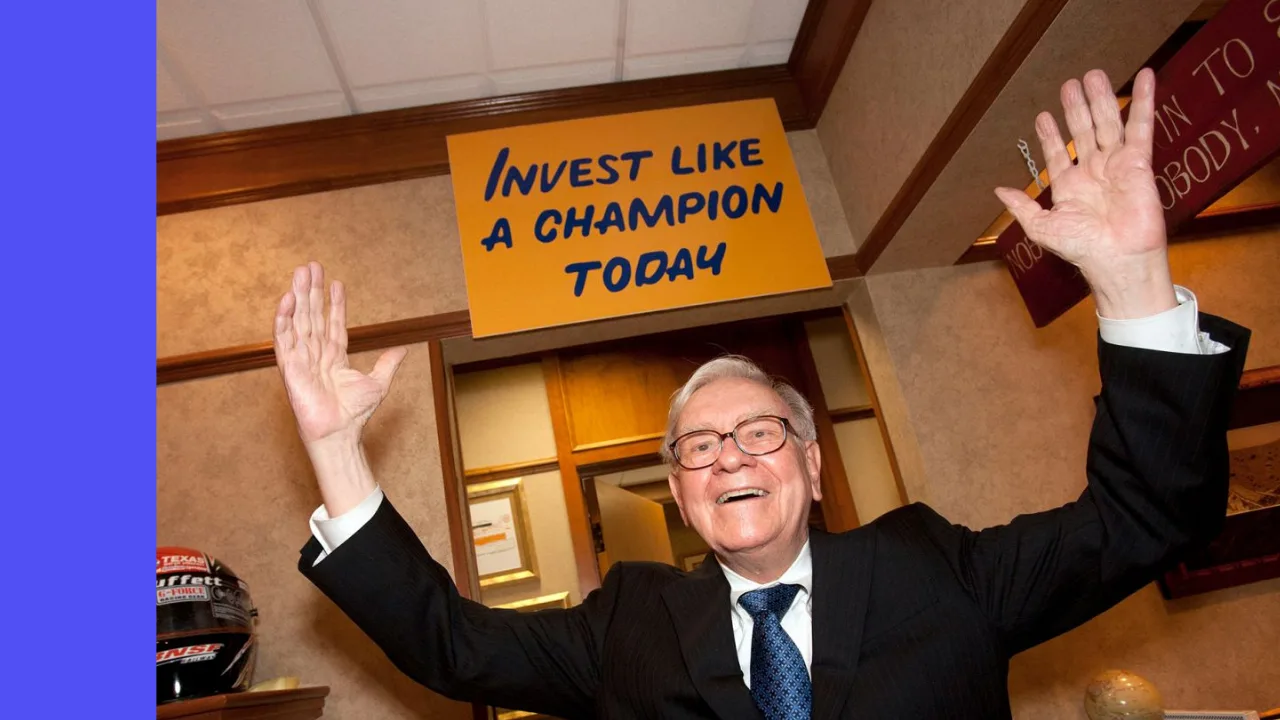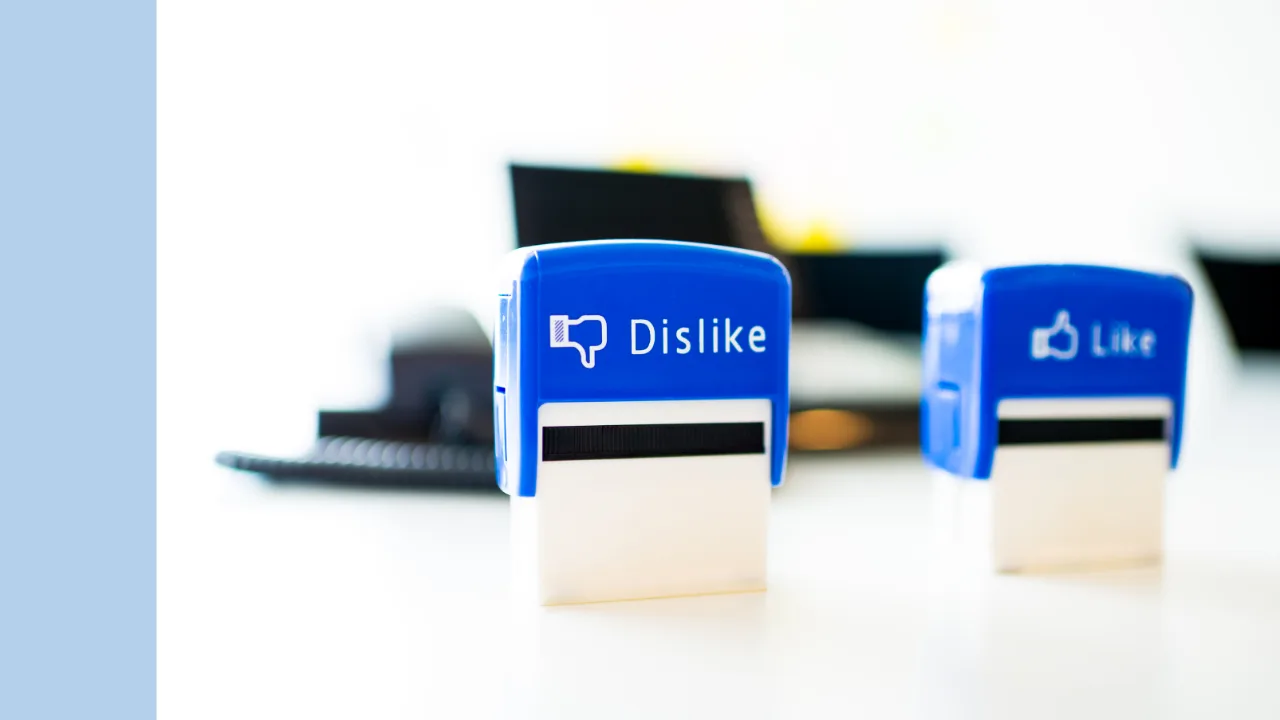In his final letter as CEO, Warren Buffett delivers the kind of enduring wisdom that’s guided investors for generations.
When Warren Buffett writes he’s “going quiet,” it feels like the end of an era.
After six decades leading Berkshire Hathaway (NYSE:BRK.A, NYSE:BRK.B), his final letter as CEO isn’t a grand farewell or a self-congratulatory note. It’s humble, reflective, and deeply human.
At 95, Buffett sounds less like a billionaire and more like a teacher closing his final class — calm, witty, and full of perspective. He’s lived through booms, busts, and everything between, yet his faith in patience and clear thinking remains unshaken.
He also reminds us that success is rarely a solo performance. It’s built with others, shaped by place, and anchored in enduring principles.
A letter worth reading twice
Buffett’s final message touches three themes: gratitude, succession, and humility.
He reflects on the “luck” of being born healthy, male, and American in 1930 — the simple but profound advantage that shaped his life.
He thanks his hometown of Omaha, the colleagues who became lifelong friends, and the countless shareholders who shared in Berkshire’s journey. Buffett also praises Greg Abel, the man set to succeed him, describing him as “a great manager, a tireless worker and an honest communicator.”
Then, as always, Buffett turns the spotlight away from himself and toward the lessons that matter. He warns against envy, celebrates kindness, and urges readers to “choose your heroes carefully and copy them.” And, in one of his most memorable lines, he writes:
“Don’t beat yourself up over past mistakes – learn at least a little from them and move on. It is never too late to improve.”
These words are not just the closing chapter of a long career. They are a guide for anyone trying to live and invest well.
Choosing your hero
Over the years, I’ve come to see Buffett as one of my own heroes. It’s not just because of his investing track record, but because of his clarity.
He represents the rare ability to stay grounded while the world spins around you.
Buffett never chased trends, never overcomplicated simple truths, and never lost sight of what mattered most to him personally: integrity, patience, and partnership. Those values are radical in today’s world of hot takes and short attention spans.
When you study Buffett, you learn that choosing your hero is really about choosing your mirror. Who do you want to emulate? Who do you want to think like when markets fall, when success tempts pride, or when things don’t go your way?
For me, Buffett has always been a reminder that wisdom compounds faster than capital.
Lessons from a lifetime
Buffett’s life is easy to measure in numbers: a 19.8% compounded return, hundreds of billions in market value, six decades at the helm and a personal fortune that makes him one of the richest people on Earth. However, to view his legacy through money alone is to miss the point entirely.
The real magic of the Oracle of Omaha isn’t in his spreadsheets. It’s in his behaviour — the calm, disciplined, almost old-timey temperament that powered those numbers for nearly seven decades.
He taught generations of investors that financial success is a by-product of good decision-making, emotional control, and the right habits repeated over time. In that sense, Buffett isn’t just a master of markets; he’s one of the greatest teachers of human behaviour I’ve come across.
There are three lessons that stand out most clearly to me — about investing, business, and character.
1. Investing: time is the friend of the patient
Buffett’s success was never built on predicting markets. It was built on understanding people, businesses, and the slow power of time. He looked for companies with enduring advantages, capable managers, and the ability to reinvest at high returns. Then he waited.
Patience, not genius, was his edge. Time was the heavy lifter in his compounding machine.
Jeff Bezos once asked Buffett, “If your investing thesis is so simple, why doesn’t everyone just copy you?” Buffett’s reply summed up the secret: “Because nobody wants to get rich slowly.”
In an age obsessed with instant gratification, Buffett has always been content to let compounding do the work. He reads constantly, studies deeply, and waits — sometimes for years — for the right pitch to swing at. He keeps cash on hand not because he’s fearful, but because he’s patient enough to wait for opportunity to come to him.
And when he finds it, he holds on. Berkshire Hathaway has owned Coca-Cola since the late 1980s, a position that has returned roughly 12% a year for more than three decades. GEICO first entered the portfolio in the 1970s and eventually became a core Berkshire business in the 1990s. These weren’t quick flips; they were lifelong partnerships with great companies.
Buffett once said the stock market is a device for transferring money from the impatient to the patient. Few people have embodied that truth more completely.
2. Business leadership: culture compounds too
Buffett’s approach to leadership mirrors his approach to investing. Find good people, give them trust, and stay out of their way. Berkshire Hathaway became one of the world’s largest companies not through central control, but through decentralised ownership and accountability.
He believed that culture was Berkshire’s real moat. It was built on honesty, frugality, and partnership — the idea that shareholders and managers should think like owners, not staff.
That philosophy also extends to succession. Buffett’s confidence in Greg Abel isn’t about charisma or ambition. It’s about character and consistency. Culture, when protected, outlives even its founder.
3. Character: the ultimate investment
Buffett’s final paragraphs are less about stocks and more about humanity. “Kindness is costless but priceless,” he writes. “Whether you are religious or not, it’s hard to beat The Golden Rule as a guide to behaviour.”
For someone who spent his life measuring performance in numbers, Buffett’s legacy is strikingly moral. He reminds us that reputation and humility matter more than any financial metric.
Buffett once said it takes twenty years to build a reputation and only five minutes to ruin it, a truth that applies to both business and life.
Where to start if you want to learn from Buffett
There’s no shortage of material on Warren Buffett. Entire library shelves, podcasts and video series have been devoted to decoding how he thinks. For newer investors, it can feel overwhelming.
If you want to start where the lessons are richest, these three stand above the rest:
- The Snowball by Alice Schroeder — a remarkable biography that reveals Buffett’s humanity, contradictions, and evolution as a thinker. It’s less about stock tips and more about the mindset behind his decisions.
- Becoming Warren Buffett — the HBO documentary that offers an intimate look at his routines, habits, and philosophy. It shows how simplicity, humility, and self-awareness shaped his success far more than any spreadsheet ever could.
- The Berkshire Letters — his true masterpiece. Every annual letter since 1965 is a masterclass in business, psychology, and behaviour. They are among the clearest examples of how rational thinking compounds over time.
My takeaway
When I think about Buffett’s impact, I don’t picture stock charts or fortune lists. I think about how he changed the way so many of us make decisions — with patience, clarity, and calm. He made rationality admirable. He made patience a competitive advantage.
In his final letter, Buffett signs off with,
“Choose your heroes very carefully and then emulate them. You will never be perfect, but you
can always be better.”
He is one of mine. Over the years, I’ve tried to copy more than his investing principles — I’ve tried to emulate his behaviour. I’ve been fortunate to have my own “Charlie Munger” to challenge my thinking and help me see the world more clearly. Like Buffett, I’ve learned that partnership, curiosity, and humility are as valuable as any asset on a balance sheet.
Of course, I’ve read The Snowball, watched Becoming Warren Buffett, and studied the Berkshire letters more times than I can count. But the real education comes from applying the principles he lived by: staying true to your values, finding work that brings you joy, and letting compounding of knowledge, trust, and reputation do the heavy lifting.
It’s bittersweet knowing this may be Buffett’s last letter, though with a little luck, perhaps not his final word. Either way, his ideas will keep echoing through the investors he’s influenced and the lessons he’s left behind. I still feel like I have plenty more to learn.









